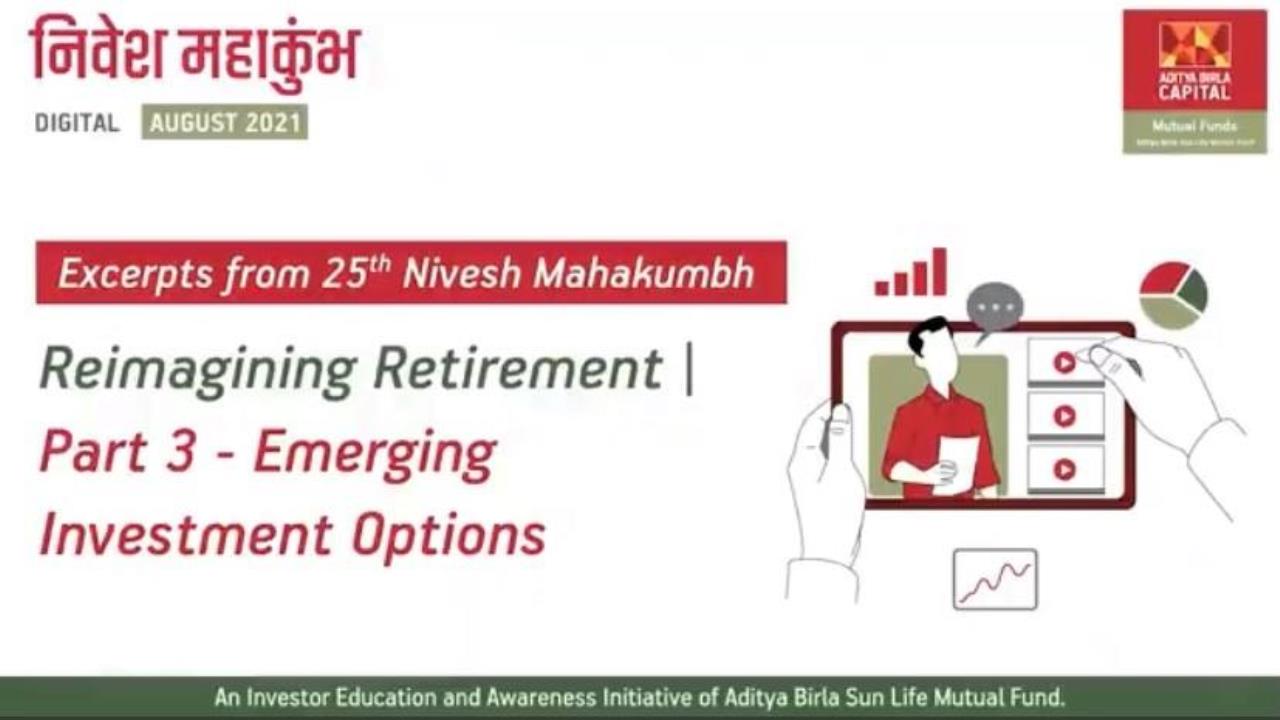In a world characterized by Volatility, Uncertainty, Complexity, and Ambiguity (VUCA), investor education plays a vital role. The financial landscape today is dynamic and ever-changing. Investors face various challenges, from market volatility and changing regulations to new investment products and technologies. Understanding these complexities isn't just nice to have; it's essential. Fittingly, the importance of investor education is one of the key themes of World Investor Week, starting on October 14, highlighting its role in helping individuals make better financial choices.
Why Investor Education Matters in a VUCA World
Financial markets constantly shift, driven by global events, economic policies, and investor sentiments. A VUCA world adds an extra layer of unpredictability. Without a solid financial education foundation, investors may make decisions based on emotions or incomplete information. This can lead to significant financial losses.
Investor education equips individuals with the tools to assess risks, identify opportunities, and make facts-based decisions. It's not just about understanding how markets work; it's about developing a mindset that thrives on continuous learning and adaptability.
Staying Updated: A Key to Informed Decisions
Investing is not a one-time activity; it's an ongoing journey. Staying updated on market trends, investment strategies, and regulatory changes is critical to navigate this journey successfully. Here's why:
1) Retail Investments: Investment products like mutual funds, ETFs, and bonds evolve regularly. Understanding these products can help investors make choices that align with their risk appetite and financial goals.
2) Government Policies: Changes in monetary policies, tax regulations, and subsidies can directly impact the performance of investments. Awareness of these shifts helps investors anticipate market movements and adjust their portfolios accordingly.
3) Taxation: Knowing the tax implications on different investment products can significantly affect net returns. Investors who understand tax laws can optimize their portfolios for maximum gains.
Staying informed ensures that investors know about sudden market changes or policy shifts. It turns uncertainty into a manageable factor, making investment decisions more strategic and less reactive.
Mutual Funds: A Preferred Choice for Investors
Mutual funds have emerged as a popular investment vehicle for novice and seasoned investors alike. Their versatility, accessibility, and potential for growth make them an attractive choice in any financial strategy.
1. Diversification Simplified
Diversification is a key principle in investing. It involves spreading investments across different asset classes to reduce risk. Mutual funds naturally offer diversification by pooling money to invest in various stocks, bonds, or other assets. For investors, this means reduced exposure to a single security's poor performance.
For someone new to investing, creating a diversified portfolio can be challenging. Mutual funds simplify this process, offering a balanced mix that suits different risk profiles and financial goals.
2. Professional Management at Work
Managing investments requires time, knowledge, and experience. Mutual funds are managed by professional fund managers who analyze market trends, economic data, and investment opportunities. They make decisions based on in-depth research, aiming to optimize returns for investors.
For beginners, this professional management is invaluable. It removes the guesswork from investing and provides a structured approach to wealth creation. Even seasoned investors benefit from the expertise and insights that fund managers bring.
3. Cost-Effective Investment Option
Investing directly in the stock market can be costly, especially when considering brokerage fees and the need for substantial capital. Mutual funds provide a cost-effective entry point. With Systematic Investment Plans (SIPs), investors can start small, investing a fixed amount regularly, which builds wealth over time.
SIPs also in still a disciplined approach to investing. By contributing a fixed amount regularly, investors avoid the pitfalls of market timing and benefit from rupee-cost averaging, which can smooth out the impact of market volatility.
4. Liquidity and Flexibility
Mutual funds offer liquidity, allowing investors to buy or sell their units on any business day. This flexibility is crucial for managing financial needs or taking advantage of market conditions. Investors can access their funds relatively quickly without incurring heavy penalties or delays.
Mutual Funds and Investor Education
One of the key advantages of mutual funds is the educational aspect they bring. Investors often receive regular updates, insights, and analyses from fund managers and financial advisors. This continuous flow of information helps investors understand market dynamics, the reasons behind portfolio decisions, and future strategies.
Mutual funds serve as a learning ground for new investors, clearly showing how different economic factors influence their investments. For seasoned investors, it offers a deeper understanding of market trends and strategies, helping them refine their approach to wealth management.
As we mark World Investor Week, it's the perfect time to highlight the importance of investor education. In a VUCA world, knowledge is the most potent tool an investor can have. Understanding the nuances of financial markets, staying updated with trends, and being aware of regulatory changes can significantly affect investment outcomes. Armed with the right knowledge and a commitment to continuous learning, every investor has the potential to turn market complexities into opportunities for growth.
An Investor education and Awareness initiative of Aditya Birla Sun Life Mutual Fund
All investors have to go through a one-time KYC (Know Your Customer) process. Investors to invest only with SEBI registered Mutual Funds. For further information on KYC, list of SEBI registered Mutual Funds and redressal of complaints including details about SEBI SCORES portal, visit link : https://mutualfund.adityabirlacapital.com/Investor-Education/education/kyc-and-redressal for further details.
Mutual Fund investments are subject to market risks, read all scheme related documents carefully
म्यूचुअल फंड निवेश बाज़ार जोखिम के अधीन हैं, योजना संबंधी सभी दस्तावेज़ों को सावधानी से पढ़ें।





 1800-270-7000
1800-270-7000






















